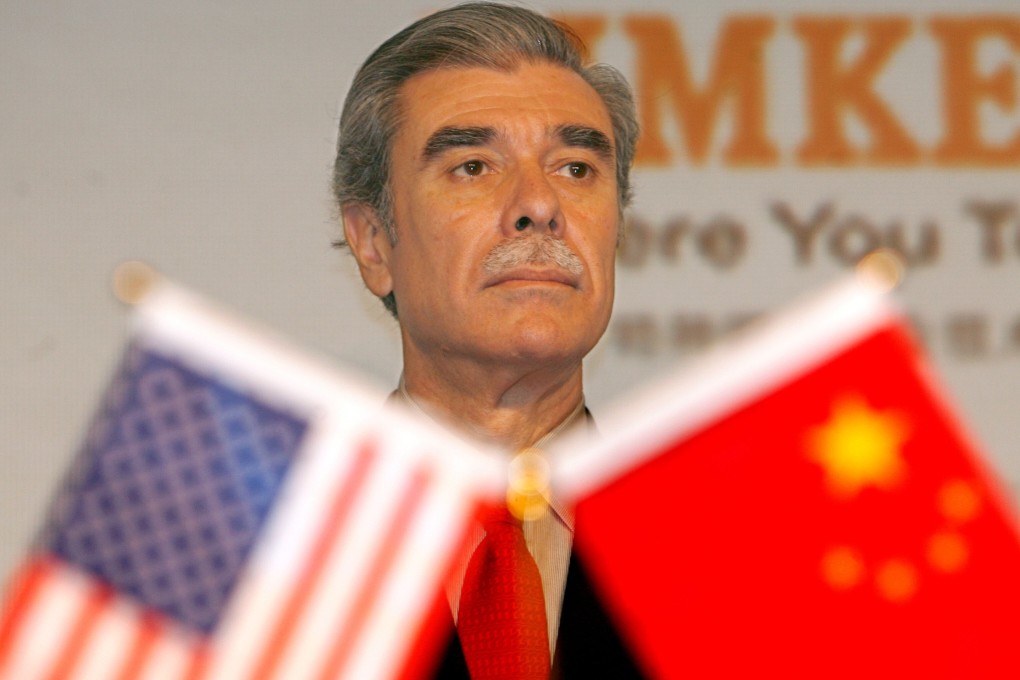Joe Biden’s China policy should keep trade and national security apart to avoid cold war: ex-US commerce chief
- Carlos Gutierrez, a former US Commerce Secretary, said there would be no winner from full US-China decoupling and called for dialogue
- Joe Biden has pledged to engage with allies to tackle China-related issues, but his cabinet nominees have talked tough in Senate hearings

China and the United States should keep trade dealings and national security issues on separate tracks to avoid full-blown decoupling, according to Carlos Gutierrez, a former US Commerce Secretary.
Combining trade and investment with geopolitics and national security severely complicates bilateral relations, said Gutierrez, who served in the cabinet of president George W. Bush.
“When we combine them with geopolitical issues, when we combine them with national security matters, it complicates things to no end,” Gutierrez said, speaking at the Hong Kong-US Forum, a webinar jointly hosted by think tanks with links to the Hong Kong and Chinese governments.

04:33
As Biden enters White House, world leaders express ‘relief’ and welcome ‘friend’ and ‘mate’ back
In recent years under the Trump administration, the lines have become more blurred, with issues like technology exports becoming embroiled in political and security spats, and import tariffs on goods such as steel being issued on the grounds of national security. This coincided with China’s drive to become global leaders in sensitive technologies of the future, including 5G networks and electric vehicles.